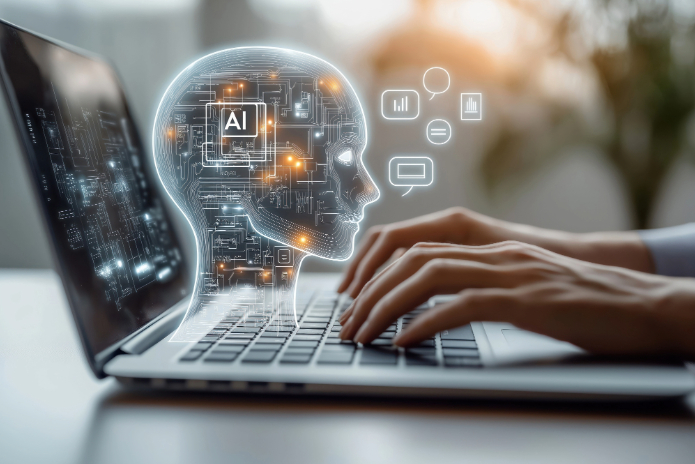Artificial intelligence and Business Intelligence tools were not created to replace humans, but to enhance their ability to produce results with greater efficiency and quality. Professor Lacier Dias, an entrepreneur, specialist in strategy, technology, and digital transformation, a doctoral candidate at Fundação Dom Cabral, and founder and CEO of B4Data, compares this movement to the civilizational leap from the horse-drawn carriage to the car: both fulfill the same function of transportation, but with radically different levels of performance.
According to Lacier, AI follows the same logic. "Technology only makes sense when it improves people's lives. Just as the car didn't eliminate the need for a driver but gave them speed and comfort, artificial intelligence and BI don't negate the role of humans, but rather elevate their performance, allowing them to do more in less time." It is at this point that AI becomes a productivity amplifier: it processes large volumes of data, organizes information, and delivers quick answers, enabling employees to focus their energy on what truly generates value.
Even so, Lacier reminds us that no algorithm can replace the critical, creative, and ethical capacity of human beings. Emotions, intuitions, and moral judgments are irreplaceable. AI acts as a catalyst, reorganizing workflows and reducing bottlenecks, but it needs well-structured and curated databases to function. "An AI without a repertoire doesn't work magic. On the contrary, it can even hinder. But a well-fed AI transforms into a true accelerator of results," he points out.
The central message is clear: just as the transition from the horse-drawn carriage to the automobile changed the way we live and work, AI and BI represent the natural evolution of modern corporate thinking. They do not diminish human protagonism, but rather ensure that, within the same timeframe, people can deliver more, with higher quality, and with superior strategic impact.


